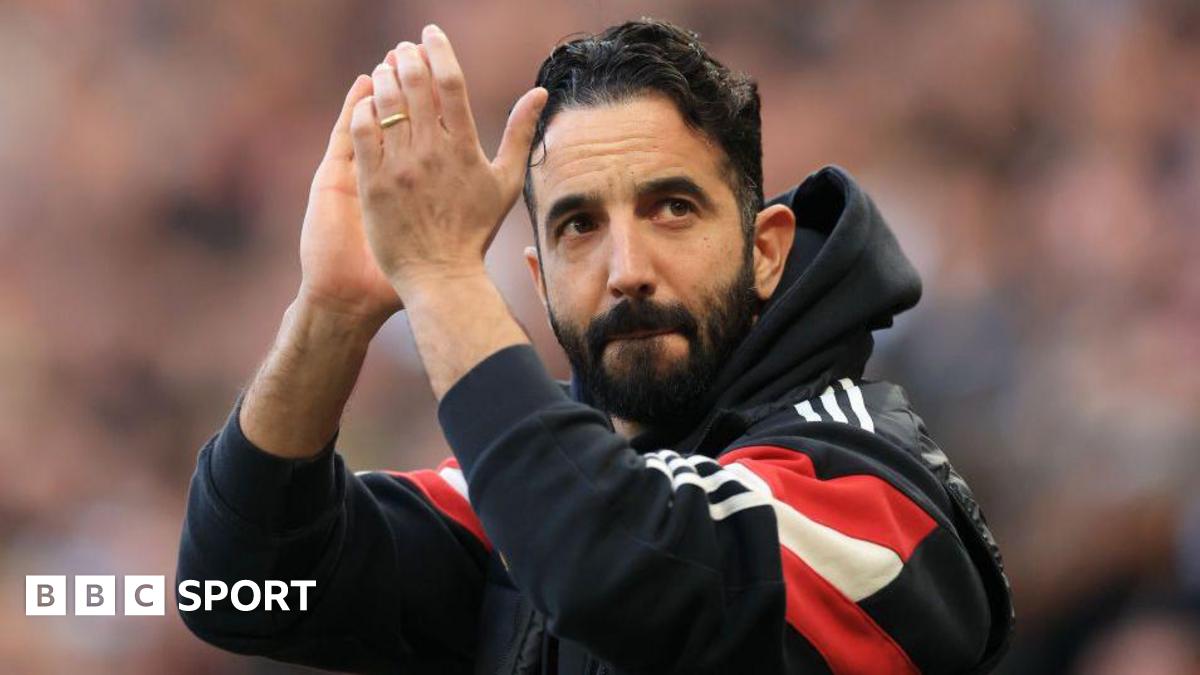The “unfair” rules surrounding how parents and guardians are stung by a “high income” Child Benefit tax charge will be changed, Chancellor Jeremy Hunt announced today.
The Chancellor also increased the threshold at which point a tax charge clawing back the payment from higher earns kicks in.
The High Income Child Benefit tax Charge (HICBC) threshold will be raised from £50,000 to £60,000, the first increase since it was introduced by George Osborne in 2013.
Mr Hunt will also change the way the charge applies, meaning the taper will be extended from £60,000 to £80,000.
The Chancellor said it would take 175,000 people out of paying the charge all together.
He said the measures would mean half a million will save £1,300 this year.
Critics have argued the rules are unfair on single income families, as they are affected once income exceeds £50,000, while dual-income families can earn a combined income of £99,998 without being affected, provided their salaries are £49,999 each.
Mike Ambery, Retirement Savings Director at Standard Life, part of Phoenix Group said: “The tax system is awash with cliff edges and tapers which not only create a great deal of complexity but also disadvantage certain groups of people.
“Chief among these is the High Income ChildBenefit Charge and it’s welcome news that the Chancellor has decided to recognise the unfairness of the current system.”
Mr Ambery said taking account of joint household income was a “common sense approach” which would mean households with two incomes of up to £100,000 aren’t “given preferential treatment” over those with one earner whose income is just over £50,000.
He added: “In the interim, raising the threshold to £60,000 will help.
“Child Benefit can be worth thousands of pounds a year to some families and today’s move could make a real difference in those household where budget are tight after two years of rising prices.”












